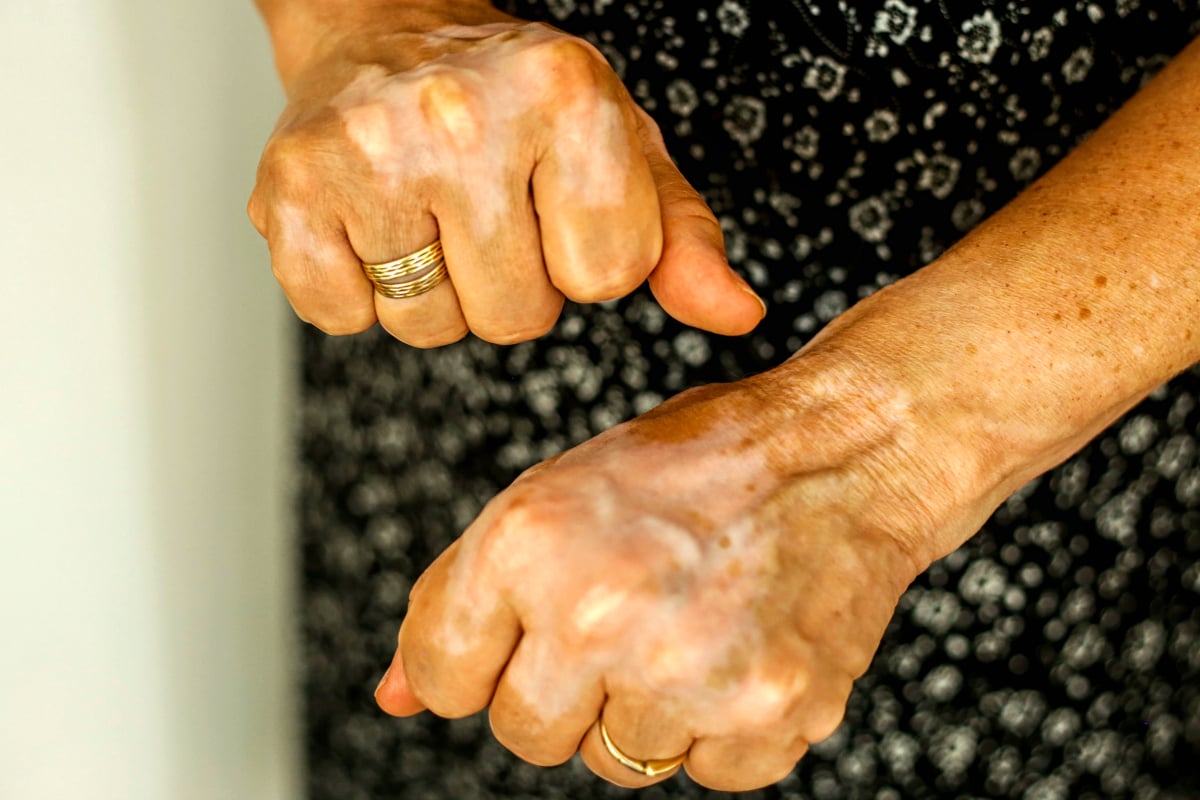
Autoimmune diseases affect five per cent of Australians.
Yet awareness about what they actually are, and the different forms they take, is exceptionally low.
So what are autoimmune diseases, exactly?
Autoimmune disorders occur when a person’s immune system attacks their own body by mistake. There are around eighty different types of autoimmune diseases, some being fatal.
We spoke to Dr Preeya Maharaj, a GP based in Melbourne, to find out the facts about autoimmune disease.
What are autoimmune diseases?
Dr Maharaj explains autoimmune diseases to her patients as something that has made the immune system turn on the body and start attacking the tissues.
“In a nutshell, an autoimmune disease is where the body’s own immune system targets the body… the area targeted depends on the type of autoimmune disease,” Dr Maharaj says.
“The body’s own immune cells start to attack parts of the body – in rheumatoid arthritis for instance, the joints get affected, whereas in coeliac disease it’s the gut that gets targeted,” she added.
What are the different types of autoimmune diseases?
There are over 80 different forms of autoimmune diseases that target different organs in the body.
“Diseases like rheumatoid arthritis affect the joints, conditions like inflammatory bowel disease (such as ulcerative colitis) affect the bowel, and type 1 diabetes involves the pancreas being targeted resulting in the body being unable to produce insulin,” explains Dr Maharaj.



Top Comments
As usual, medications. Nutritionists around the world are achieving staggering results by changing the diets of people with autoimmune disorders. Honestly, 'doctors' only ever look at wellness based on what pharmaceuticals they can put patients on. No wonder people are googling and turning to natural health.